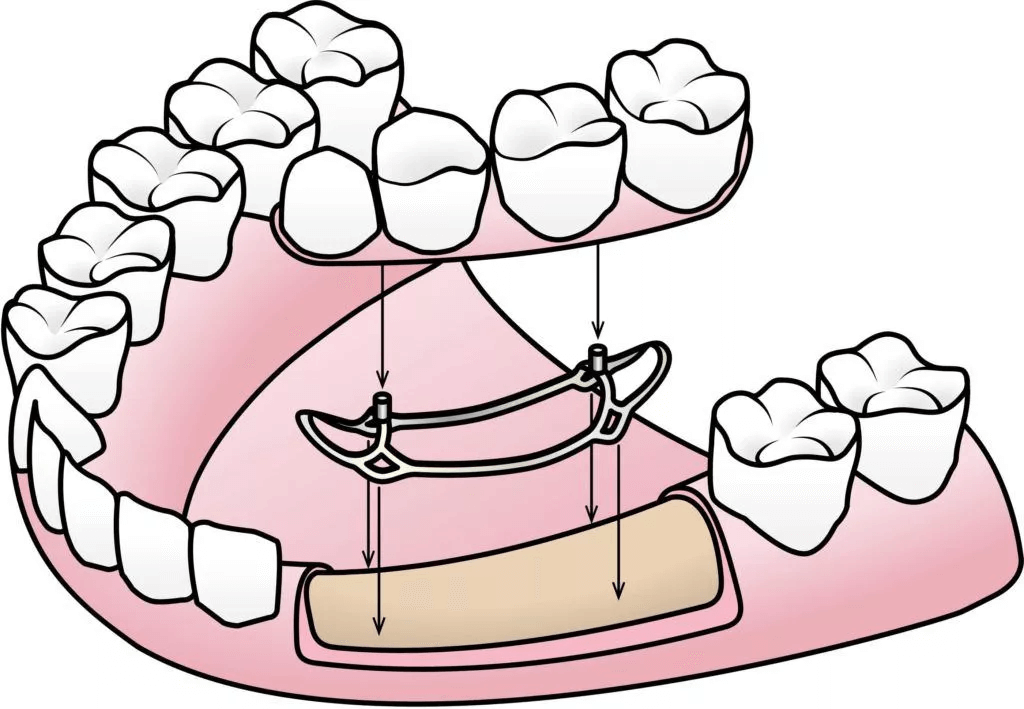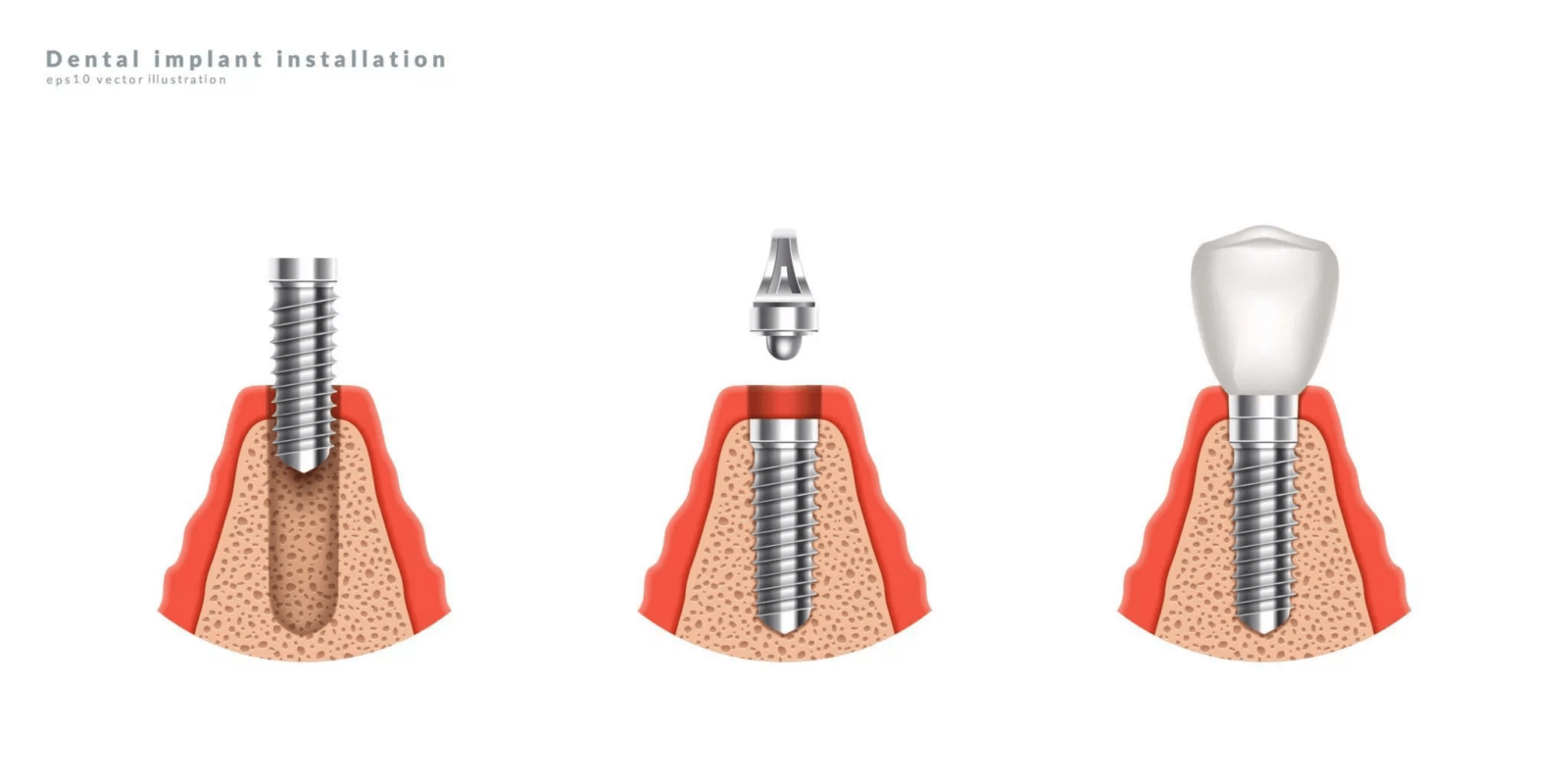Dental implants are becoming increasingly popular at dental offices. Now more than ever, people are looking for effective ways to replace or restore their decayed, damaged, or missing teeth. Dental implants are a perfect solution for this because of their durability and appearance. Here are some fast facts about dental implants:

They Come in Different Sizes
There are three main sizes of dental implants: standard, mini, and wide. In most cases, traditional dental implants use the standard size. A standard sized dental implant has a diameter of 3.5-4.2 mm. However, some cases may call for the use of mini or wide dental implants.Mini dental implants, also known as narrow dental implants or simply as MDIs, are only about 2 mm to 3.5 mm in diameter. Mini dental implants are used for patients lacking space between their teeth roots or for those with less bone mass. Finally, wide dental implants are larger than standard implants with a size of about 4.5 mm to 6 mm in diameter. Wide dental implants are sometimes used for dental implants placed in the back of the mouth, because these teeth are larger and have more expansive roots than the front teeth.


There Are Two Different Types
Dental implants come in two different variations: endosteal and subperiosteal. Endosteal implants use titanium screws as artificial tooth roots to anchor a dental prosthetic in place. This is by far the most common type of dental implant and is valued for its strength and longevity. The other type of dental implant is lesser known. Subperiosteal implants use a metal framework under the gum line that sits atop the jaw bone. While this type of dental implant is not as strong as endosteal implants, they can be preferential in some cases.

Their Strength Comes from Fusion
After dental implants are placed, an essential part of treatment success is osseointegration. Osseointegration is a process where the surrounding jawbone fuses with the dental implant, effectively securing it in place. This generally takes about 3-6 months to occur. Once the dental implant has fused with the bone, it has a similar type of strength to a natural tooth and can last for up to 20 years.


They Can Be Placed in One or Two Appointments
Depending on the type of implant placement procedure, you may have your implants placed at one appointment and the dental prosthetic placed at a second appointment, or you may have them both placed during the same appointment. When the entire implant and prosthetic is placed at a single appointment, this is known as same day implants or immediate load implants. Despite the name, however, these implants still need to heal for 3-6 months before they are strong. For more information about the implant placement procedure, check out this video on The Implant Procedure.

They Prevent Bone Resorption
Starting at six months after a tooth is lost, the surrounding bone begins to be absorbed back into the body as part of a process called bone resorption. This is caused by a lack of stimulation in the jaw bone. Over time, bone resorption can cause the entire face to change shape. Because dental implants help to stimulate the jaw bone, this prevents bone resorption from occurring and preserves the natural bone structure.
Overall dental implants offer a restorative dental treatment that is versatile, effective, and long-lasting. Their different types and sizes allow for effective placement that is tailored to the patient’s needs, while their structure naturally yields itself to strength and bone preservation. Furthermore, dental implants are a long-lasting solution to restoring missing teeth. For more information on dental implants, see “Things You Didn’t Know About Dental Implants”.




